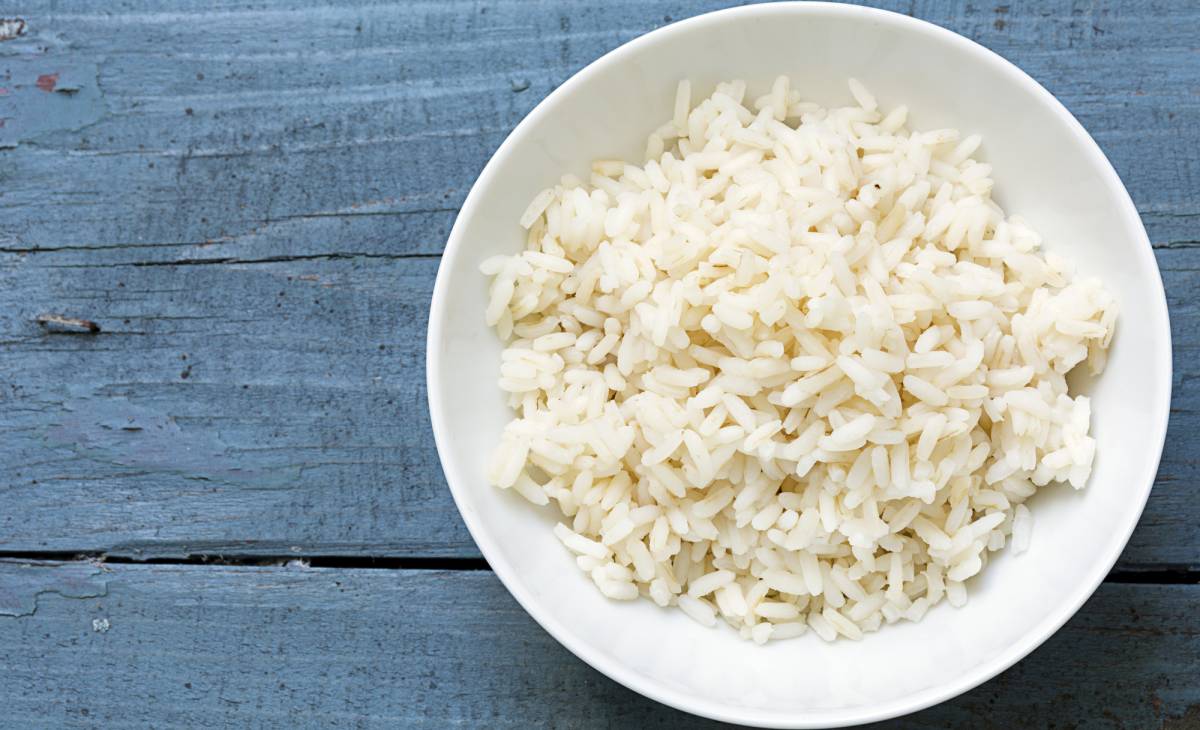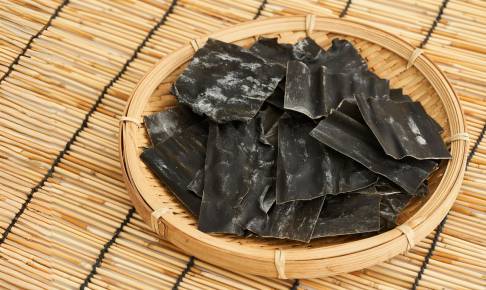EU: new rules adopted to lower arsenic levels in food
The European Commission has recently adopted new rules to lower the presence of arsenic in some food products (Commission Regulation (EU) 2023/465 of 3 March 2023 amending Regulation (EC) No 1881/2006).
Arsenic is a ubiquitous metalloid present in rocks, soil and natural ground water at low concentrations. However, human activity (e.g. mining, burning of fossil fuels, fertilizers) has contributed to increase the levels of arsenic in the environment. Although dermal and inhalation exposure is possible, food and drinking water are considered the primary routes of human exposure to arsenic.
The maximum levels (MLs) previously used for arsenic in food products were established in 2015 based on an EFSA opinion which stated that inorganic arsenic may cause cancer of the skin, bladder, and lungs.
The newly adopted MLs are based on a 2021 European Food Safety Authority (EFSA) scientific report ("Chronic dietary exposure to inorganic arsenic"), following a call for Member States to monitor the presence of arsenic in foods.
The new regulation reduces the allowed concentration of inorganic arsenic in white rice and sets new limits for arsenic in everyday rice-based foodstuffs, infant formula, baby foods, fruit juices, and salt.
These MLs represent an important measure to achieve the objectives of Europe’s Beating Cancer Plan, a EU programme that aims to limit carcinogenic risk from chemicals in food.
Sources:
https://eur-lex.europa.eu/legal-content/EN/TXT/?uri=CELEX%3A32023R0465&qid=1678070707098






















